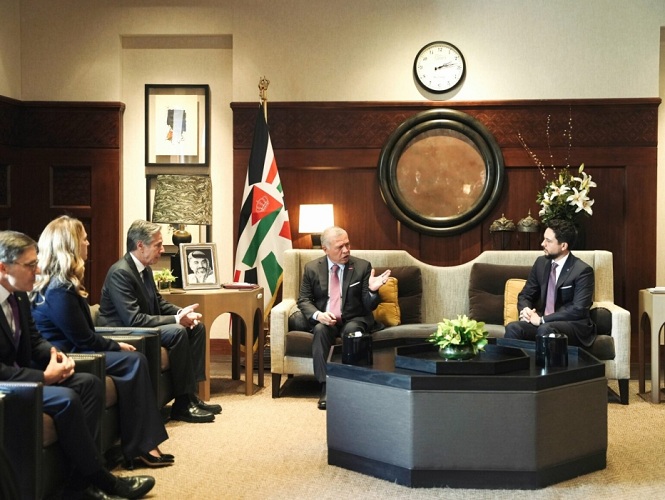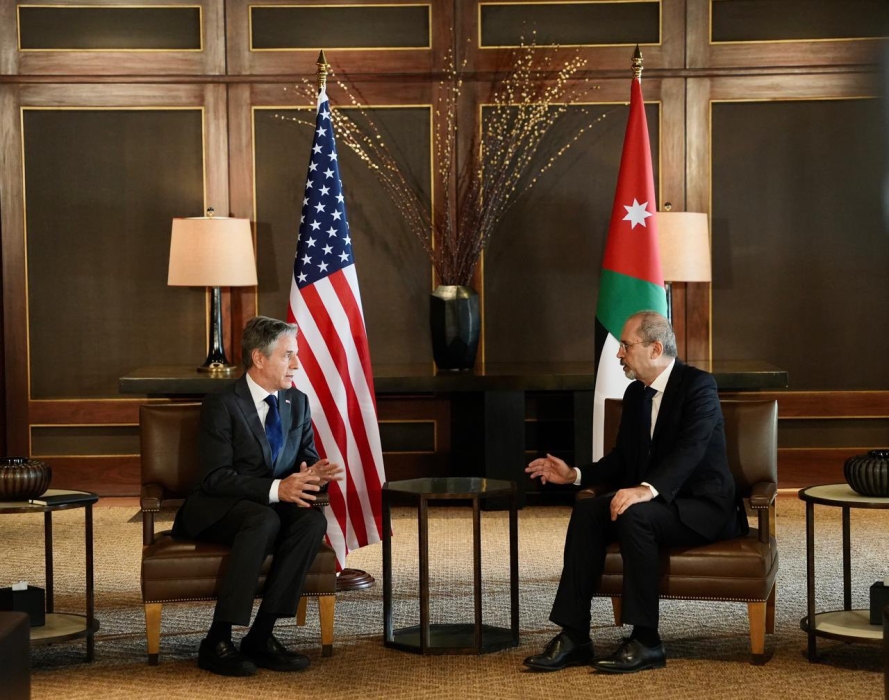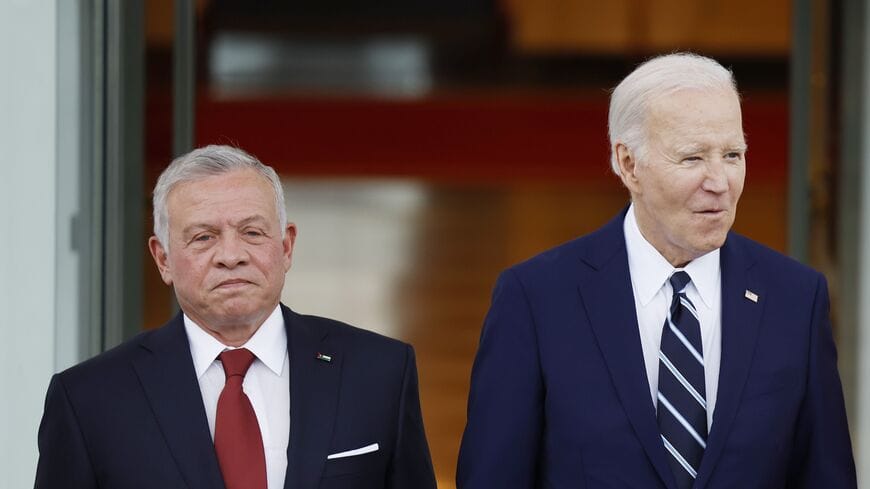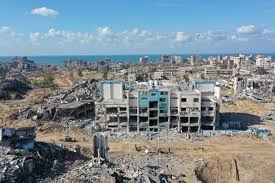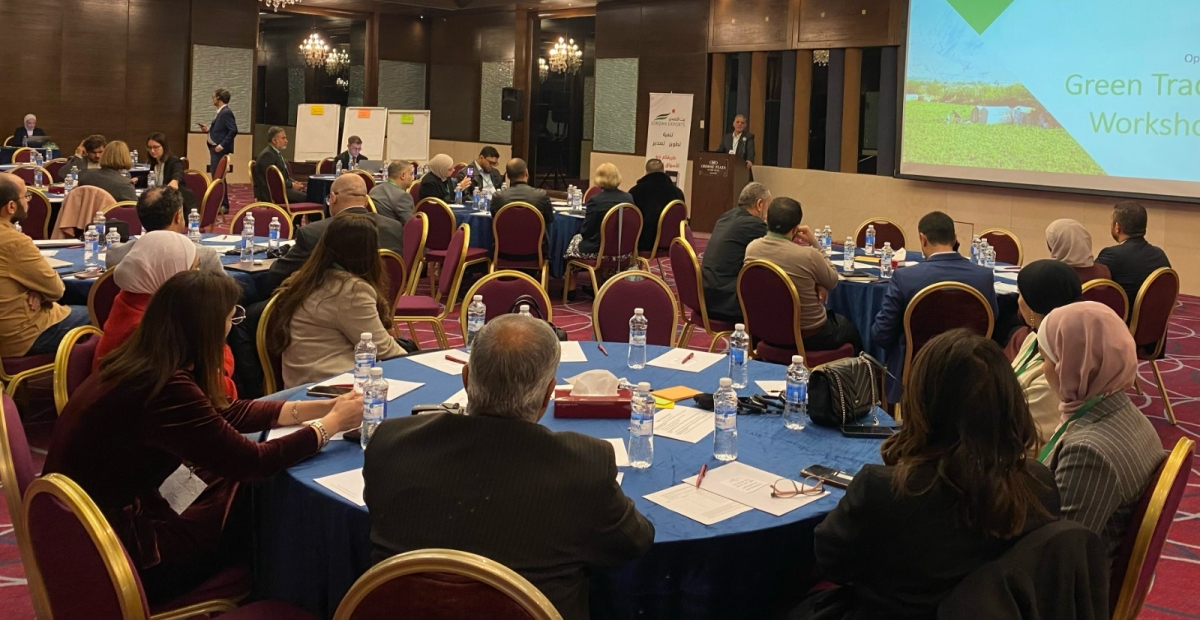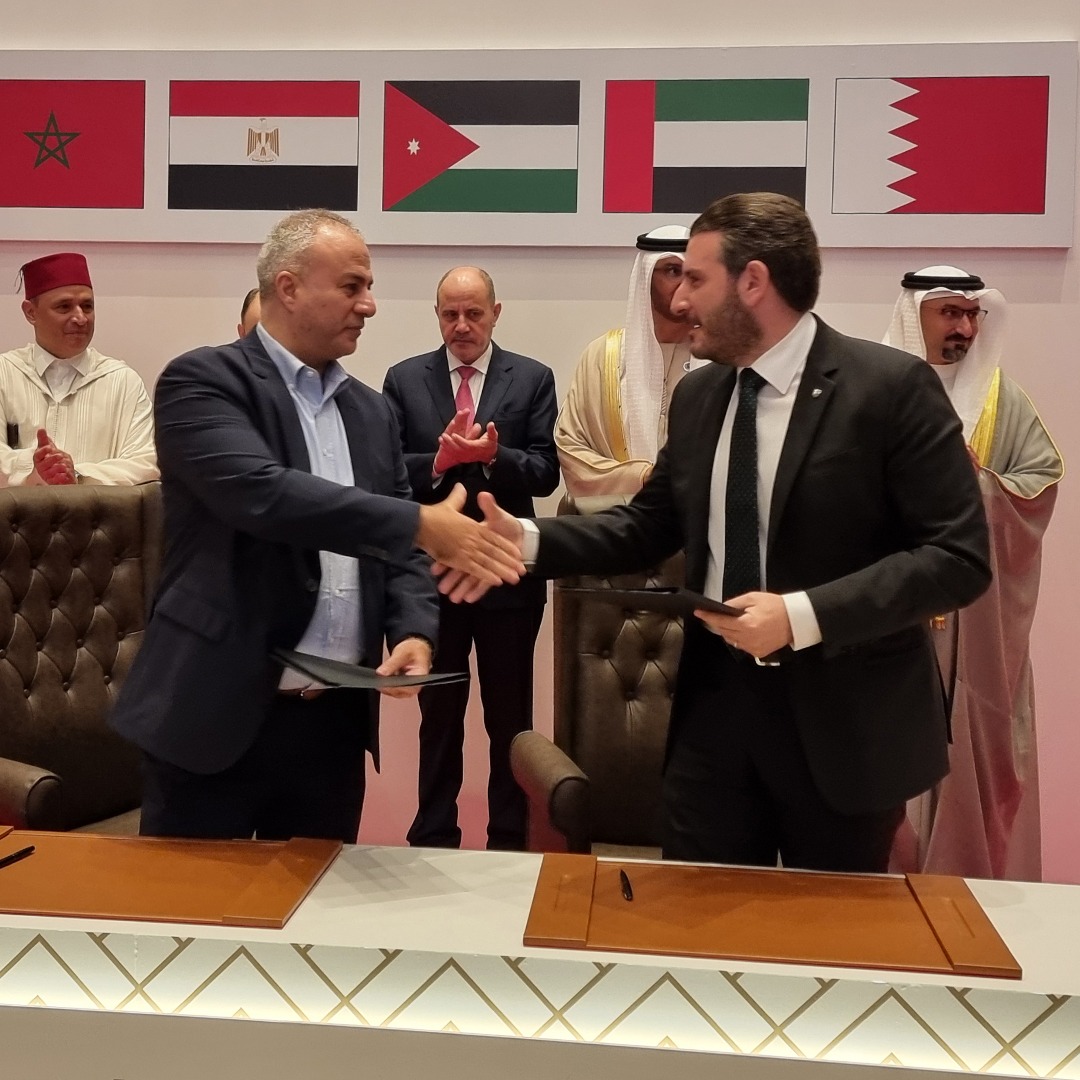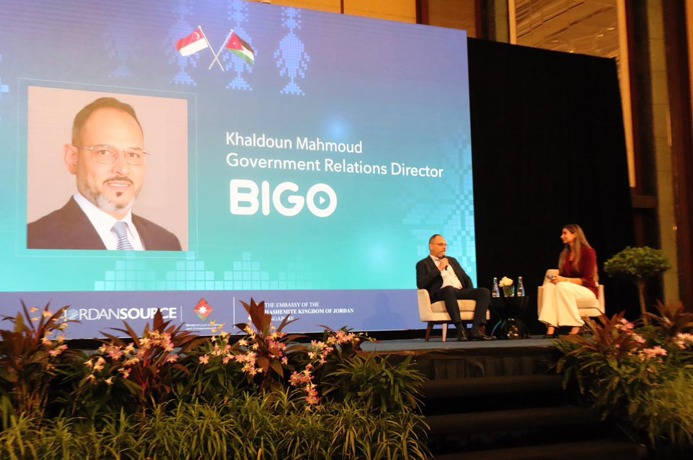Money Keeps Jordan from Joining the Islamic Food Security Organization
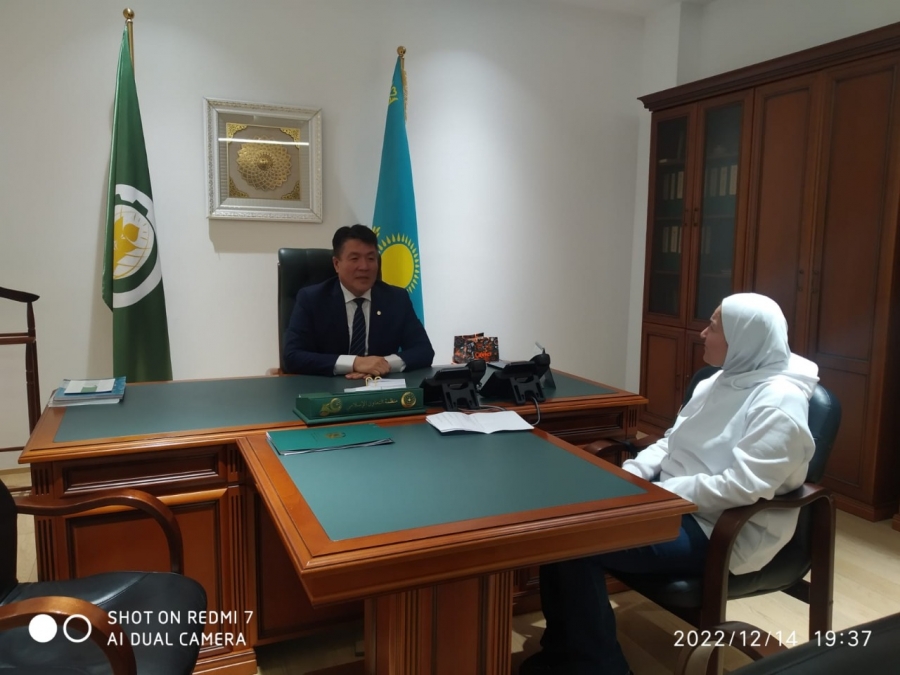
Al-Anbat -
Al-Anbat-Nimat Alkhora
Translated by: Mays Alshawabkeh
According to Yerlan Baidaulet, director general of the Islamic Organization for Food Security, Jordan is an important Asian nation with a high education and cultural ratio and requires it a lot to take use of its vast knowledge in a number of fields.
In the area of food security, which is characterized by a scarcity of water, interchange and cooperation are also necessary.
The Islamic Organization is very different from other international and western organizations that ask for money and do not agree to accept the membership of countries only by paying financial obligations to them, Baidaulet said in a statement to Al-Anbat, adding that there are no barriers to Jordan joining the organization, but its officials claim that the only barrier is money.
There are now 37 member states in the organization, of which 26 have not made their required contributions.
A second reason Jordan needed to join the organization was because it was home to almost 2 million refugees of different nationalities, and if Jordan joined the organization, relationships and collaboration would need to be established in order to support it.
He said this "Khaled al-Hneifat, the Jordanian minister of agriculture, accepted an invitation to join the group a year ago. When the Minister visited Jordan this year, he claimed, "There is no money to join," after which he promised to provide payments over time if Jordan joined the organization."
Regarding the organization's help for refugees and host nations, such as Jordan between Baidaulet, it is only available to member governments of the organization. The group has been functioning for three years, hosting seminars and conferences to assist people in working on modest projects, such as Afghanistan, to which the organization gives humanitarian aid. The Organization must be a member of the Organization in order to help Jordan in this regard. Baidaulet reaffirmed that the group helps its member states that ask for help but won't help any non-member states, pointing out that other international organizations withhold 30% of this assistance while the Islamic Food Security Organization gives the full amount of support without any deductions.
The organization is now working on three projects in Afghanistan, including one that focuses on agriculture and supplies small equipment for drilling and cultivating land. The project's current value is 300,000 dinars.
Regarding strategies for fostering Islamic State cooperation and enhancing their ability to achieve food security, Baidaulet stated that the Organization's conception had been prompted by numerous inquiries regarding the lack of food security in some Islamic and Arab States, despite the fact that those nations possessed the resources (land, money, and human resources) required by their citizens.
Due to the fact that the majority of Islamic nations were advancing in the area of food security through international organizations, these nations faced the challenge of effectively allocating their financial resources. The Islamic Organization for Food Security plays a role in this field through regional pilot projects, and it should be noted that the Republic of Kazakhstan is pleased to host the organization's headquarters in order to help the Islamic and Arab countries.
Since three years ago, the Arab and Islamic nations, notably the Arab Gulf States, have questioned why substantial sums of money are being given to Western organizations without the intended result. Their only option was to unite the nations and implement Islamic principles such as tolerance and brotherhood while addressing the problem of collaboration between Arab and Islamic States.
By creating a program called "Climate Management" under which land salinity and drought were researched, the organization had encouraged agricultural methods based on ecologically friendly ways.
Along with the use of smart farming, which relies on drip irrigation and the use of minerals where it does not harm the environment and does not reflect any damage to it, it has also established a program on water management in agriculture, all of which is tied to and preserves the environment.
One of the most significant strategic commodities in the world, the Organization was working to develop the production of items like rice, wheat, dates, and cassava 9.
The major wheat exporters were Russia and Ukraine, and there was a shortage of wheat in Islamic nations like Egypt and Libya. The Islamic Organization for Food Security was attempting to address this issue through its member states and the requirement to import wheat from nations outside of those that make up the organization's member states.
Due to its close relationships with its members, FAO has ensured their members' food security. In consultation with the relevant authorities, particularly the Ministry of Agriculture, these nations are visited. FAO satisfies all of these nations' standards. The full admission and food security of the Arab States are currently the organization's top priorities. FAO wants to help all of its members and grow its membership.
